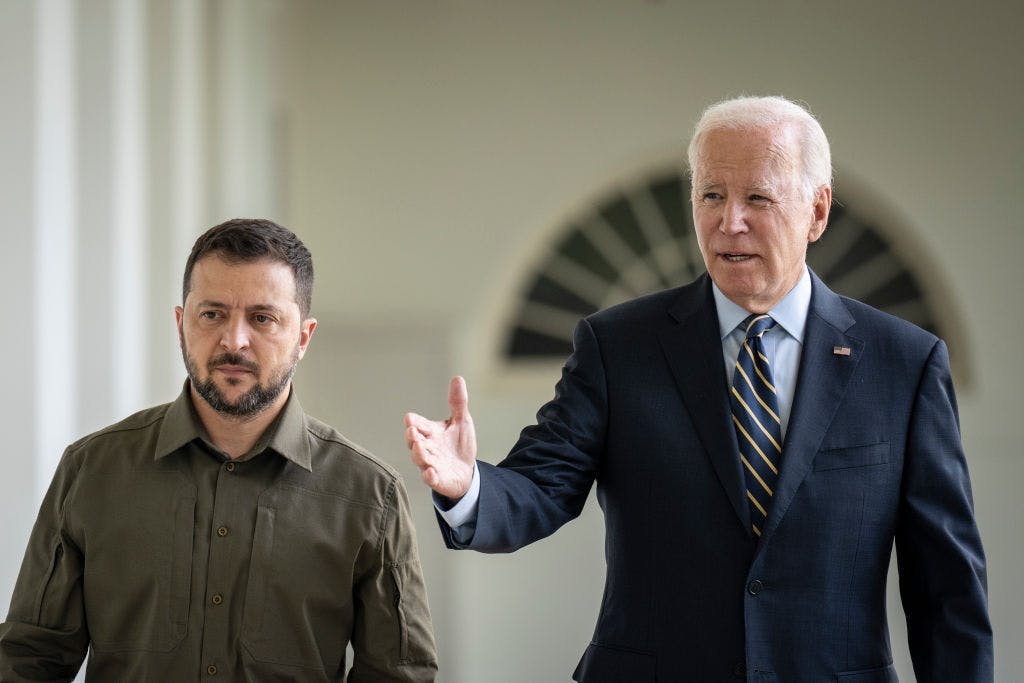
Alabama Lawmakers Consider Bill That Would Make It a Felony To Intentionally Disrupt a Church Service
By BRADLEY CORTRIGHT
|Everyone knows that a reasonable compromise is hovering over the war between Ukraine and Russia, so why are there no negotiations?

Already have a subscription? Sign in to continue reading

By BRADLEY CORTRIGHT
|
By WILL FRIEDWALD
|
By NOVI ZHUKOVSKY
|$0.01/day for 60 days
Cancel anytime
By continuing you agree to our Privacy Policy and Terms of Service.